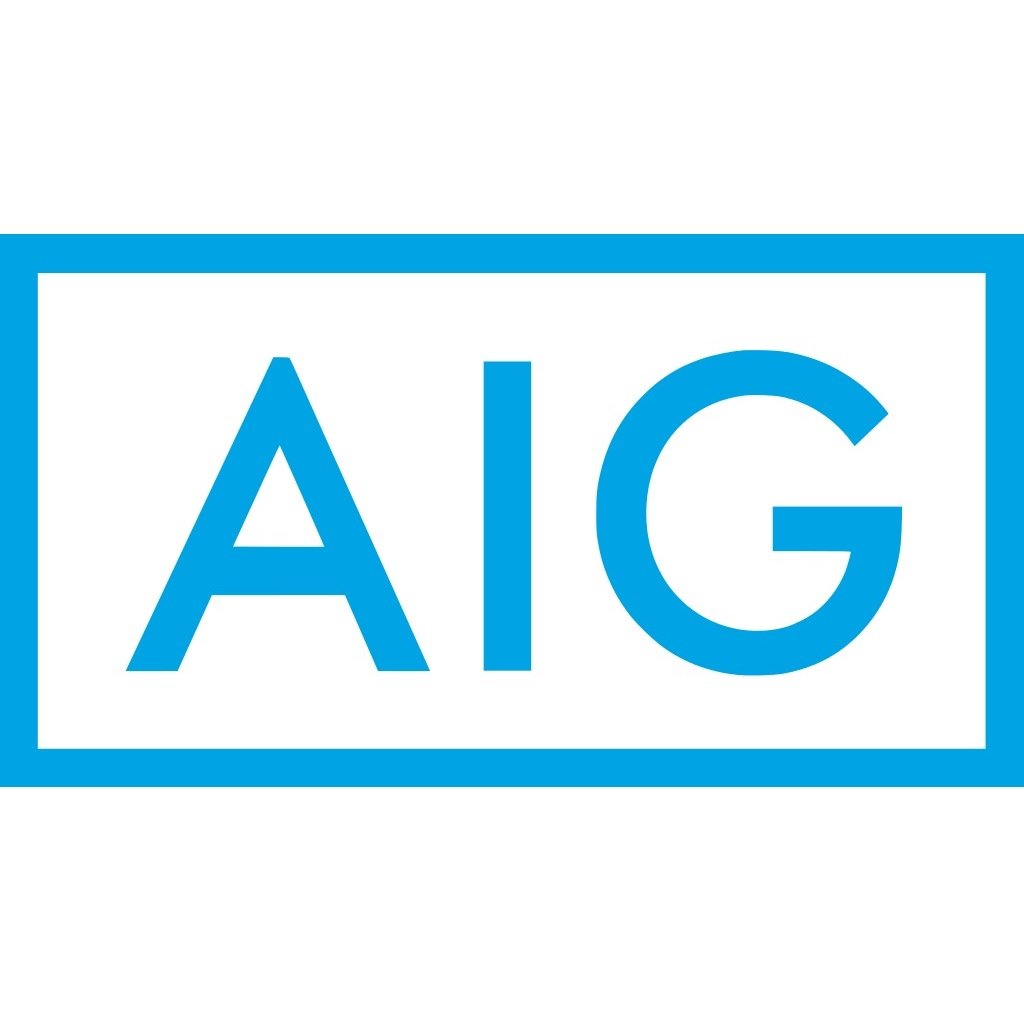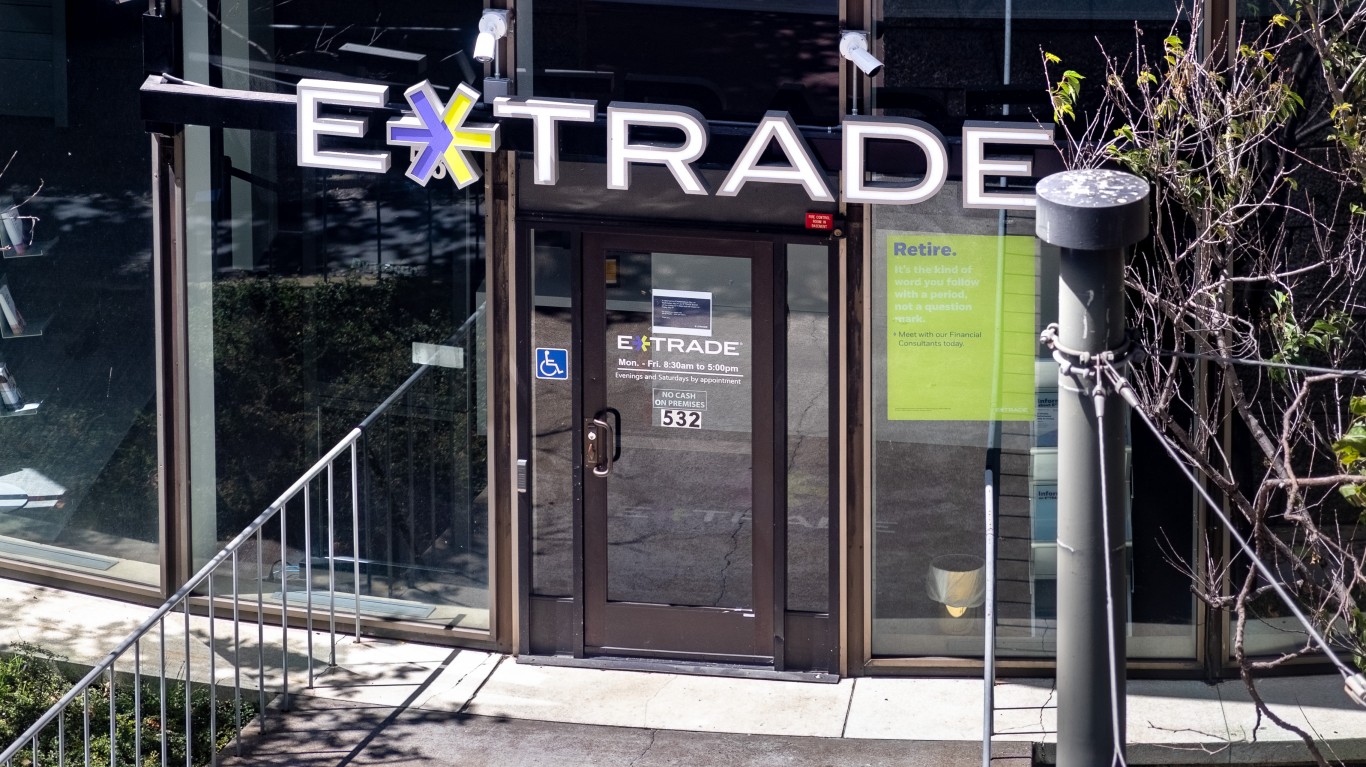

American International Group Inc. (NYSE: AIG) has received another letter from activist investor Carl Icahn. His demand is for AIG to bust itself up into smaller, more focused units to get out from under the Systemically Important Financial Institution (SIFI) umbrella.
The SIFI designation applies to banks, insurance companies or other financial institutions in which their failure or implosion might trigger another financial crisis.
While breakups often unlock value, they also can sometimes be too painful to endure. Whether that will be the case for AIG remains to be seen. The company’s assets and liabilities are extremely intertwined from unit to unit because they come with a full (or perceived) AIG guarantee. This could put billions and billions of dollars worth of financial contracts in jeopardy or with serious changes that creditors (other banks and financial firms) would have to consider.
A partial breakdown of Carl Icahn’s statements said:
[I]t is abundantly clear to me there is only one sensible path for AIG to follow: become a smaller, simpler company with a path to de-SIFI. I recently had a discussion with Chairman Douglas Steenland regarding the upcoming investor presentation and he agreed that if shareholders’ wishes go against those of the CEO, the board would definitely listen, take notice, and pay attention to what shareholders want. I was happy to hear this open mindedness because I believe management’s credibility with shareholders is all but gone.
To make matters even worse, management has been either purposely misleading in their public disclosures or is negligently uninformed regarding the feasibility of a de-conglomeration plan. In conversations with management, I learned that disclosures provided on the third quarter earnings call regarding obstacles to de-conglomerating AIG were in some cases materially inaccurate. As an example, members of management have acknowledged to my team that their analysis of the risk posed to realization of the deferred tax assets failed to take into account a realistic time line to execute spin/IPO transactions (i.e. they simply assumed the spin/IPO would be effective the day after the earnings call). In addition, management failed to account, by their own admission to us, for deductibility of foreign tax credits in the event they could not otherwise be utilized. These lapses, in my opinion, show that management has been, to say the least, misleading in telling shareholders they have conducted any meaningful analysis of the impact a de-conglomeration strategy would have on the business – and to say the worst, they may have purposely misstated the facts to both the board and to shareholders.
AIG’s formal response was extremely short. Its response was as follows:
AIG continues to take steps to narrow its focus, improve its financial performance, and return capital to shareholders. AIG maintains an active dialogue with shareholders, including Carl Icahn. As previously announced, on January 26, AIG will provide an update on its strategy and its proactive plan to drive shareholder value.
AIG shares were up 1.5% at $56.93 in Tuesday morning’s trading session. AIG shares have a consensus price target of $68.11 and a 52-week range of $48.68 to $64.93.
ALERT: Take This Retirement Quiz Now (Sponsored)
Take the quiz below to get matched with a financial advisor today.
Each advisor has been vetted by SmartAsset and is held to a fiduciary standard to act in your best interests.
Here’s how it works:
1. Answer SmartAsset advisor match quiz
2. Review your pre-screened matches at your leisure. Check out the advisors’ profiles.
3. Speak with advisors at no cost to you. Have an introductory call on the phone or introduction in person and choose whom to work with in the future
Take the retirement quiz right here.
Thank you for reading! Have some feedback for us?
Contact the 24/7 Wall St. editorial team.


